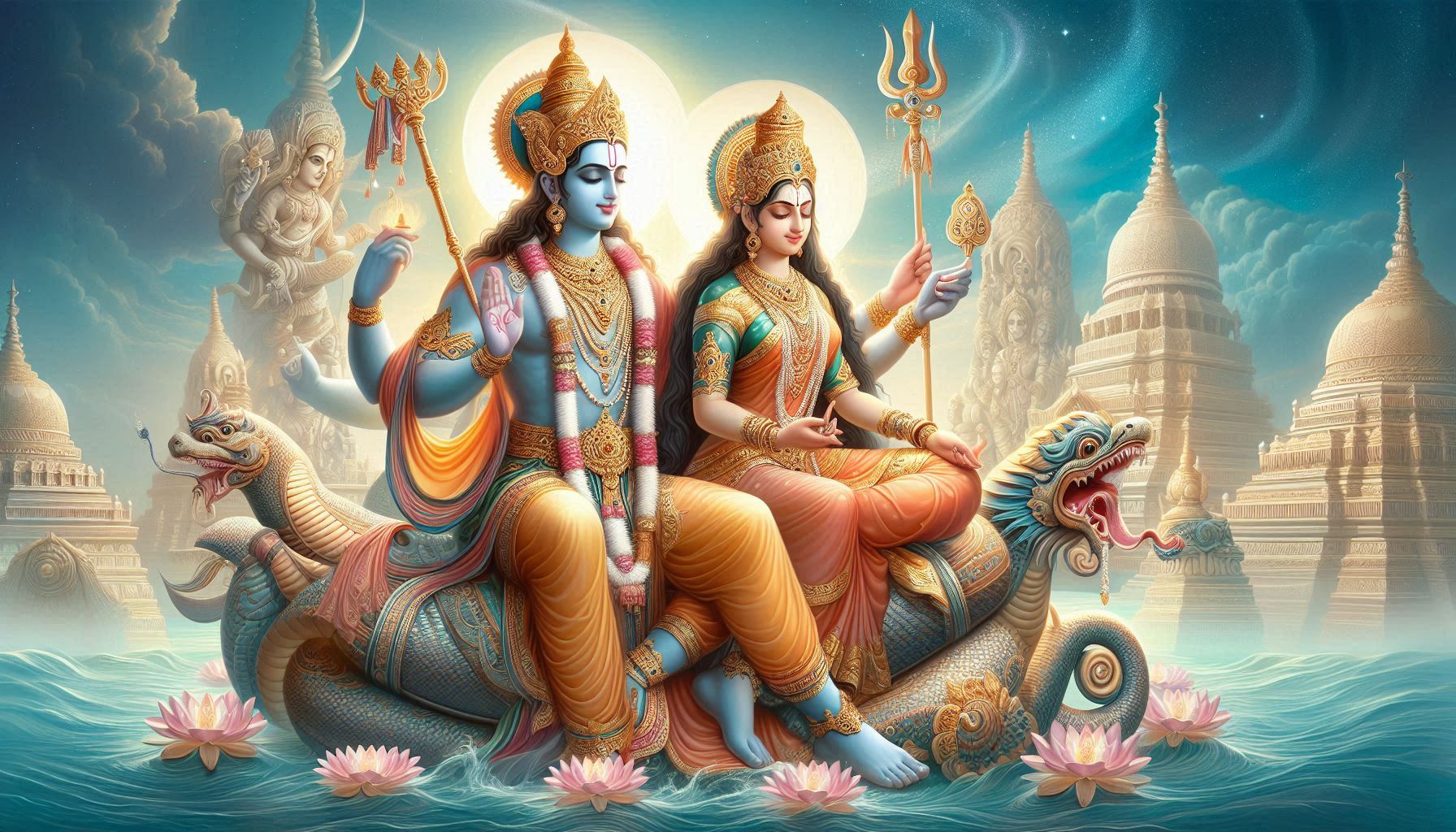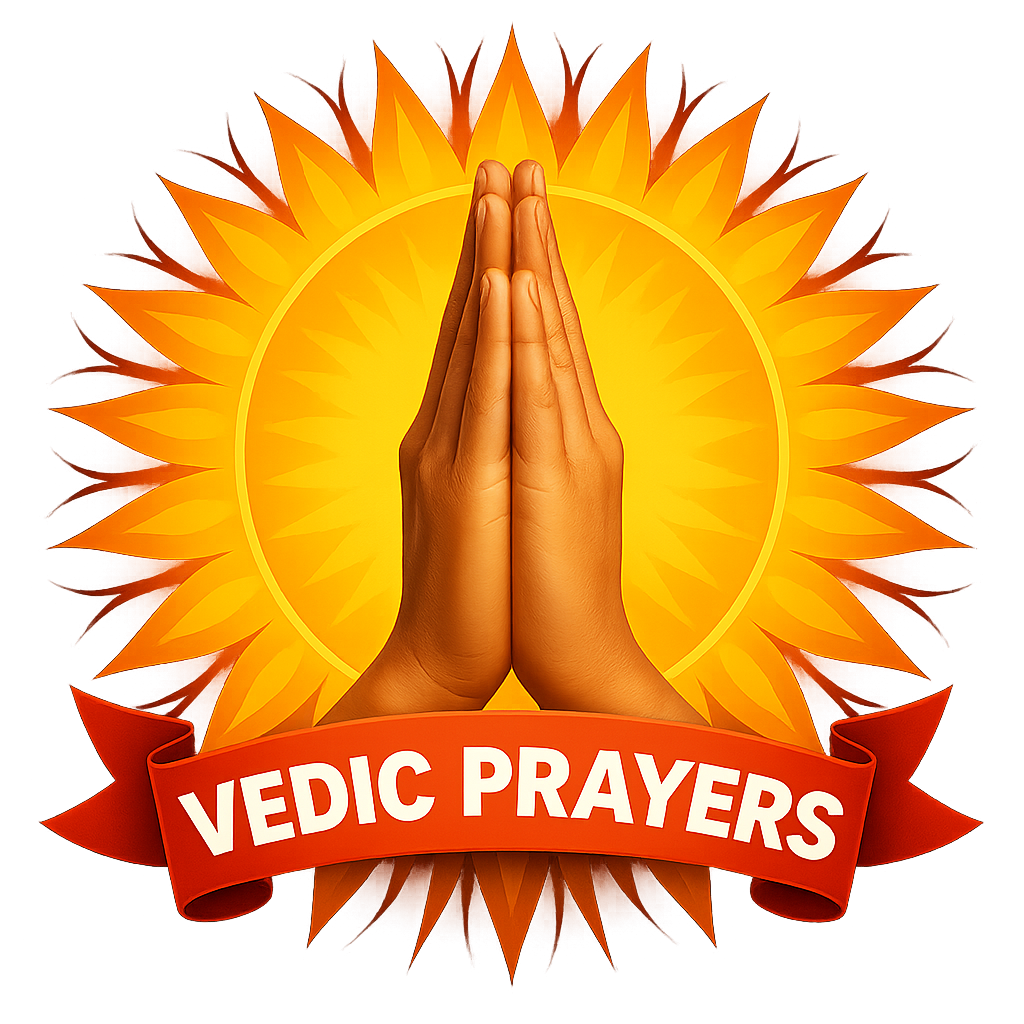
Prabodhini Ekadashi, also known as Dev Uthani Ekadashi or Dev Prabodhini Ekadashi, is one of the most significant Hindu festivals celebrated on the Ekadashi (eleventh day) of the Shukla Paksha (waxing phase of the moon) in the month of Kartik (October-November). This day marks the end of the four-month period of Chaturmas, during which Lord Vishnu is believed to be in a state of deep sleep. Prabodhini Ekadashi is also considered the day when Lord Vishnu “awakens” from his cosmic slumber, making it an auspicious time to begin marriages and other important events.
Significance of Prabodhini Ekadashi
- The Awakening of Lord Vishnu: According to Hindu beliefs, Lord Vishnu, the preserver of the universe, falls asleep on Dev Shayani Ekadashi (in the month of Ashadha) and awakens on Prabodhini Ekadashi after a four-month rest. This period is called “Chaturmas,” a time when marriages and other important functions are usually avoided. Prabodhini Ekadashi, therefore, signifies the start of a new phase, as Lord Vishnu awakens and resumes his role in cosmic activities.
- Rituals and Celebrations: Prabodhini Ekadashi is observed with great devotion, especially in the Indian states of Maharashtra, Gujarat, Uttar Pradesh, and Rajasthan. Devotees wake up early, take a holy bath, and observe a day-long fast to seek the blessings of Lord Vishnu. Devotees recite prayers and perform various rituals dedicated to Lord Vishnu and Goddess Lakshmi.
- Tulsi Vivah Ceremony: Prabodhini Ekadashi is also famous for the “Tulsi Vivah,” the ceremonial marriage of the sacred Tulsi plant (a form of Goddess Lakshmi) with Lord Vishnu in the form of the Shaligram stone. This symbolic marriage ceremony is celebrated with devotion in temples and households, and it signifies the start of the Hindu marriage season.
- Spiritual Benefits: Observing a fast and performing rituals on this day is believed to cleanse one's sins and bring peace, prosperity, and good fortune. Devotees seek liberation (moksha) and pray for divine blessings for the well-being of their families. It is said that the merit (punya) acquired on Prabodhini Ekadashi is equivalent to that gained from visiting holy pilgrimage sites.
Prabodhini Ekadashi Rituals
- Fasting: Devotees observe a fast from sunrise on Ekadashi until sunrise the next day. This fast can be complete or partial, depending on the individual's capacity and tradition.
- Puja and Aarti: Special prayers, aarti, and bhajans are dedicated to Lord Vishnu. Flowers, incense, and lamps are offered during the puja.
- Reading Sacred Texts: Reading scriptures such as the Vishnu Sahasranama, Bhagavad Gita, or stories of Lord Vishnu is considered auspicious.
- Tulsi Vivah: The ceremonial marriage of Tulsi and Vishnu, observed in many households and temples, symbolizes the bond between nature and divinity.
Story of Prabodhini Ekadashi
According to legend, a demon named Sankhyayanasura had defeated the gods and created havoc in the world. The gods, desperate for help, prayed to Lord Vishnu, who agreed to defeat the demon but needed to rest beforehand. He declared he would take a cosmic sleep (yoga nidra) for four months. On Prabodhini Ekadashi, he awoke, defeated the demon, and restored peace. Thus, Prabodhini Ekadashi is celebrated as the day of Lord Vishnu's return to protect his devotees.
Importance of Observing Prabodhini Ekadashi
The day is considered highly auspicious for starting new ventures, marriages, and religious ceremonies. The Ekadashi vrata (fast) observed on this day is believed to help devotees attain spiritual enlightenment and divine blessings, paving the way to moksha.
In summary, Prabodhini Ekadashi is a celebration of the cosmic awakening of Lord Vishnu, bringing an end to the Chaturmas period and marking a fresh beginning for devotees. Through fasting, rituals, and devotion, individuals seek to purify their lives and earn the grace of Lord Vishnu on this auspicious day.
















